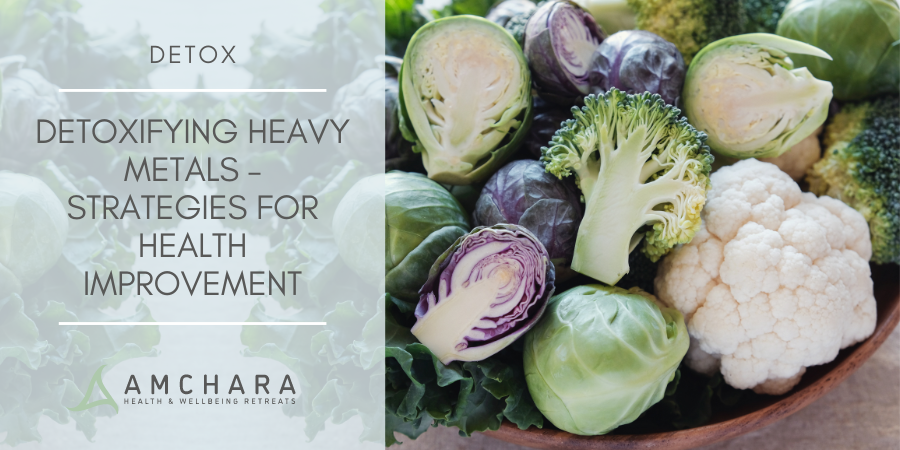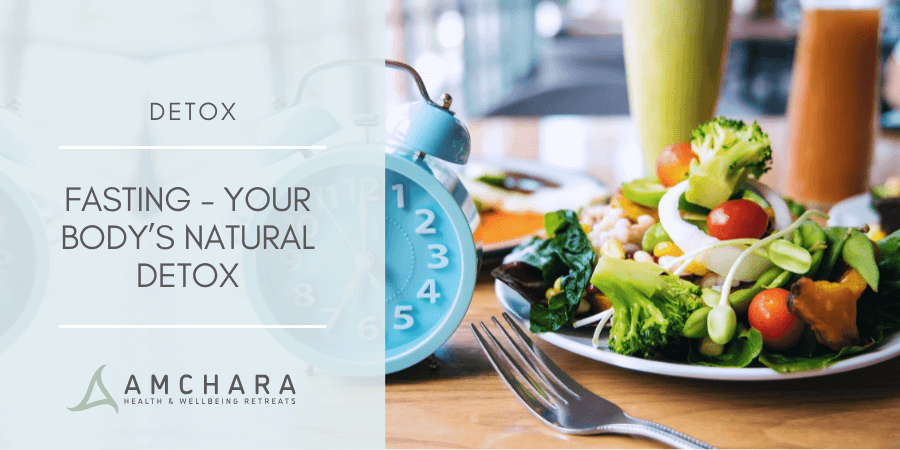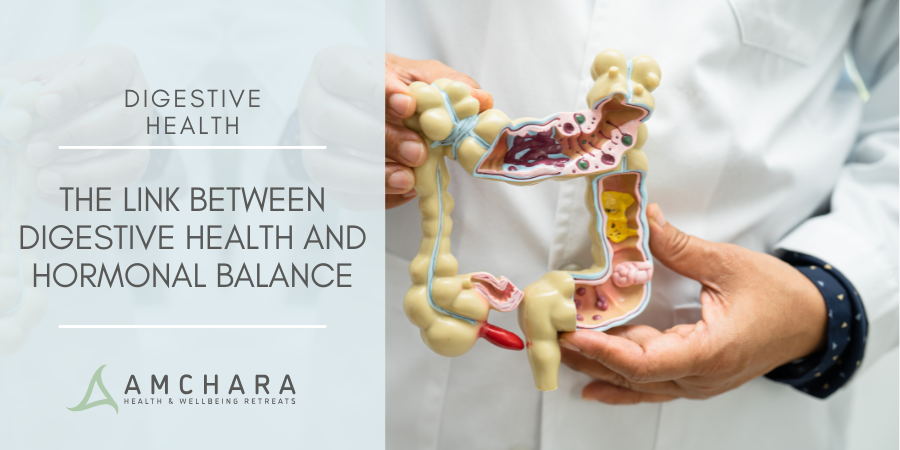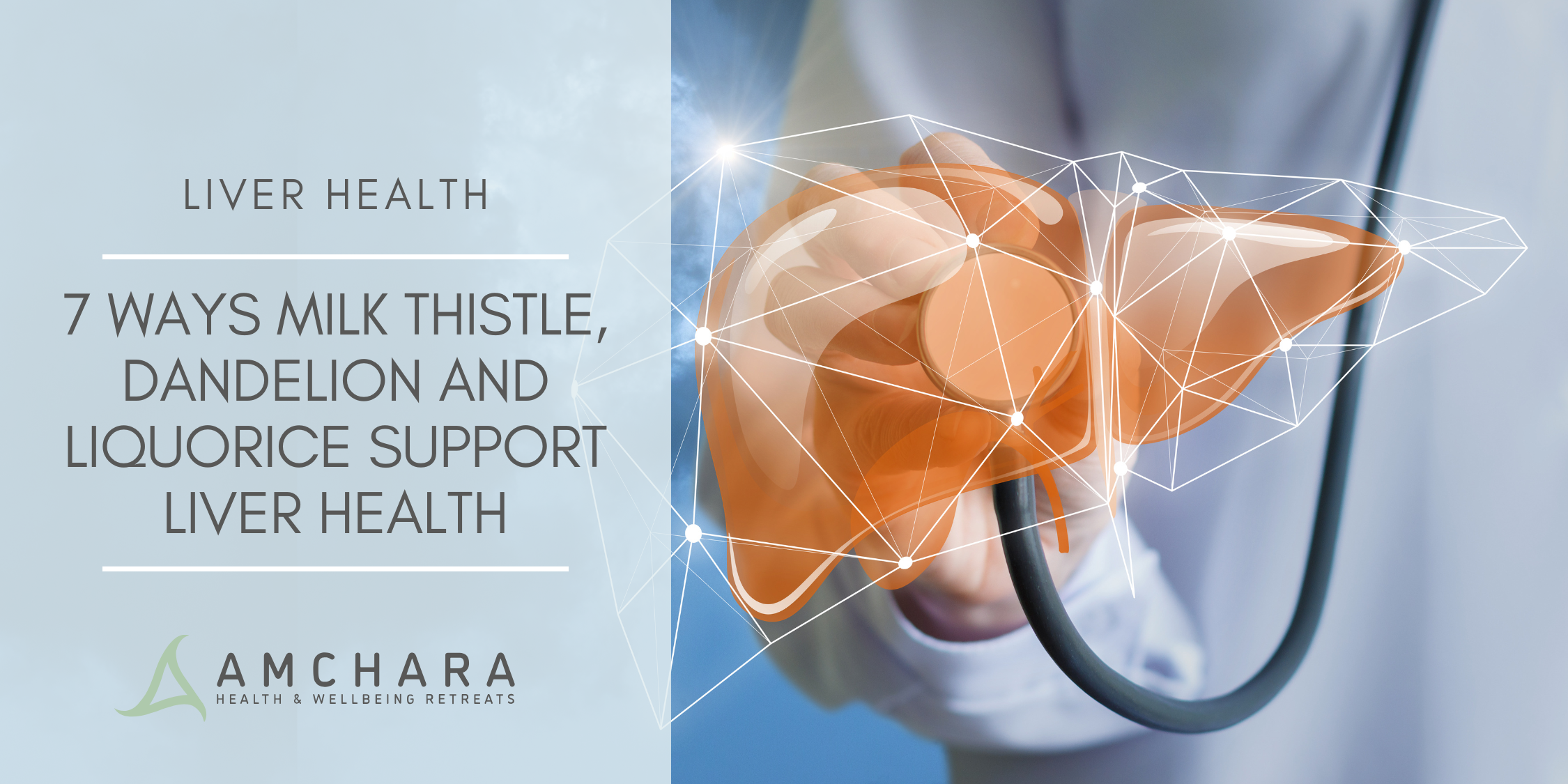Heavy metal toxicity occurs when there is an excessive accumulation of heavy metals in the body’s soft tissues. Small amounts of heavy metals – including copper, chromium, zinc, manganese and iron – are essential, but only in very small amounts.
Too great a heavy metal load can cause toxicity, where heavy metals bind to parts of the body’s cells and prevent the organs from functioning effectively.
In the modern internet world there is an overwhelming amount of information; it can be hard to find health advice that you can trust, particularly as the main media channels are typically dominated with a single, orthodox narrative.
We always provide information from an evidence-based perspective, orientated towards a holistic and Personalised Health approach, and aim to provide you with actionable knowledge and tips to help you on your journey to optimal health.
In this article we’ll look at what causes heavy metal toxicity, some of the symptoms that can present, and strategies for health improvement to reduce your risk and help you boost your health.
What causes heavy metal toxicity?
Lead, arsenic, cadmium and mercury are the most common metals associated with heavy metal poisoning.
Many factors can contribute to a toxic accumulation of heavy metals, including breathing polluted air or drinking polluted water, certain types of food and medicine, industrial occupational exposure, and ingesting lead-based paints.
Some health conditions can also contribute to heavy metal toxicity, including kidney disease and certain blood disorders.
What are the symptoms of heavy metal toxicity?
Brain fog, fatigue, digestive problems, headaches and muscle weakness can be signs of a heavy metal overload.
Seek advice from a healthcare professional if you are concerned as testing can be arranged to assess heavy metal toxicity.
Strategies for health improvement
Let’s take a look at some steps you can take to reduce your risk of heavy metal toxicity and improve your overall health.
Chelation therapy
This is purported to be an effective way of removing heavy metals from the blood when heavy metal toxicity has been identified, but it should be noted that research is limited into its efficacy and this therapy is only to be used under medical supervision as it carries a number of potentially serious health risks.
Chelation is a type of bonding of molecules and ions to metal ions. Chelation therapy is a medical procedure that involves the administration of chelating agents to bind to metals and so remove heavy metals from the body.
One study showed that chelation therapy increased lead excretion by a factor of 5 and reduced neurological and gastrointestinal lead related symptoms.
Chelation therapy has a history of use in clinical toxicology and has to be administered under careful medical supervision due to several inherent risks, including mobilisation of mercury and other metals through the brain and other parts of the body by the use of weak chelating agents that unbind with metals before elimination, exacerbating existing damage.
Foods to eat to aid heavy metal detoxification
Making positive lifestyle choices in terms of the food you eat can help you to reduce your risk of excessive heavy metals, as well as boost and protect your health.
Focusing on foods that naturally aid the body’s own detoxification processes can be beneficial by providing essential nutrients to mitigate the effects of heavy metals.
Certain foods contain compounds that can bind to heavy metals, thus encouraging excretion.
Plants are excellent sources of vitamins and essential metals, as well as other nutrients including phytochemicals and dietary protein, all of which can help reduce risks of metal toxicity.
Foods to avoid to minimise the effects of heavy metal poisoning
Environmental factors
As well as making the above positive changes to the food you eat (and the food you don’t), there are other measures you can take to reduce your exposure to heavy metals and protect your health.
Takeaway
If you would like support on your journey to optimal health, then why not come to Amchara?
On an Amchara health retreat you will be immersed in a supportive and nurturing environment that enables you to switch off, relax and kickstart your health journey, with tailored advice from our Personalised Health practitioners, taking into account your individual health circumstances and goals, and including physical activities and empowering, educational talks.
Our retreats are designed to help you detoxify both physically and mentally, and our Personalised Health practitioners will support you and empower you to ‘Change for Good’.
If it is hard to find time to get away, why not try Amchara Juicery – cold-pressed, nutritious juices delivered to your door to help you boost your health, naturally. Created by Amchara’s expert in-house health team, you can enjoy a range of fresh, organic juice cleanses (and super soups) at home.




